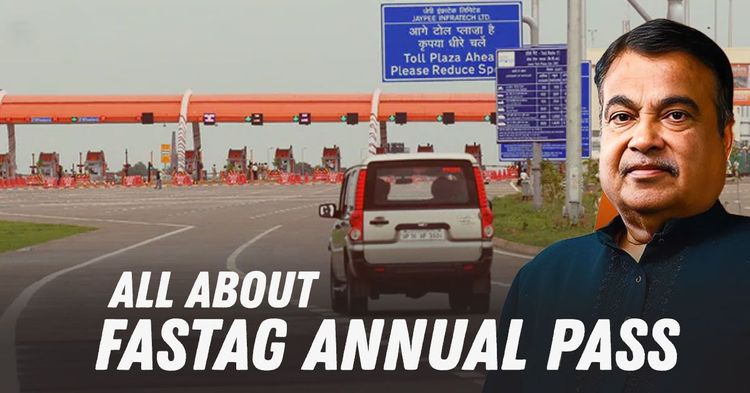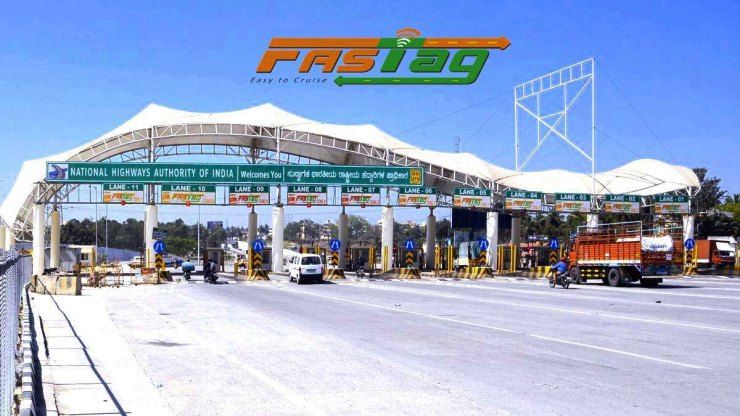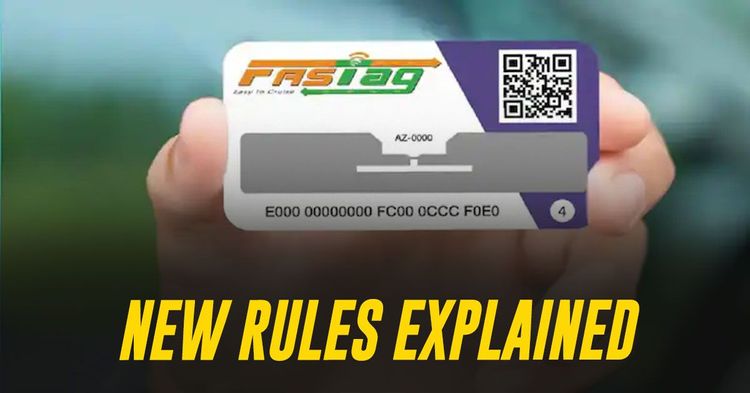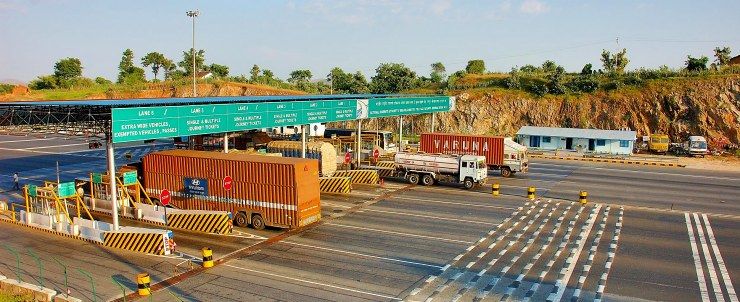Fastag Annual Pass Now Available For Purchase: All You Need To Know


The National Highway Authority of India launched its much-anticipated FASTag Annual Pass programme yesterday, on August 15th, coinciding with Independence Day celebrations. Priced at ₹3,000, this prepaid toll payment solution offers private vehicle owners up to 200 toll crossings or one year of validity, whichever occurs first, representing a significant shift in highway toll collection methodology.

The pass targets non-commercial private vehicles including cars, jeeps, and vans, requiring active FASTag accounts linked to valid vehicle registration numbers. With an effective cost of just ₹15 per toll crossing, the scheme delivers substantial savings compared to typical toll charges that range from ₹70 to over ₹200 at different plazas across the national highway network.
Coverage remains restricted to national highways and expressways managed by NHAI and the Ministry of Road Transport and Highways. State highways, municipal roads, and privately operated expressways fall outside the programme's scope, meaning regular toll charges apply on facilities like the Mumbai-Pune Expressway and Agra-Lucknow Expressway, which operate under state government or private management.

Pre-booking has commenced already through the RajmargYatra mobile application on Android devices, with iOS support and the official NHAI website portal becoming available from 15th August. The streamlined purchasing process requires users to log in using their vehicle registration numbers and FASTag identification details, followed by online payment through UPI, credit cards, or net banking options.
Activation occurs automatically, with SMS confirmation sent to registered mobile numbers. Users who exhaust their 200 crossings within a few months can immediately purchase and activate additional annual passes through the same digital platforms, ensuring uninterrupted highway travel convenience.

The scheme addresses multiple pain points in the current toll collection system. Frequent highway users currently face repeated online recharging requirements, often leading to long queues at toll plazas when FASTag balances prove insufficient. The Annual Pass eliminates these inconveniences while reducing transaction costs and processing delays.
For regular commuters, the mathematics prove compelling. Highway users making 200 trips annually at an average toll cost of ₹100 per crossing would typically spend ₹20,000. The Annual Pass reduces this expense to ₹3,000, representing savings of approximately 75-80 per cent. Even users paying average tolls of ₹50 per crossing would save ₹7,000 annually.
The programme operates on a first-come, first-served basis regarding trip counting. Each passage through a toll plaza consumes one crossing from the allocated 200, regardless of distance travelled or toll amount that would otherwise apply. This uniform consumption rate benefits users of high-value toll plazas while potentially disadvantaging those primarily using lower-cost facilities.
Implementation requires no physical infrastructure changes. The existing FASTag ecosystem accommodates the Annual Pass seamlessly, with toll plaza equipment automatically recognising pass holders and deducting trip counts rather than monetary amounts. Real-time balance updates ensure users remain informed about remaining crossings.

Heavy commercial vehicles, buses, and other non-private vehicle categories remain excluded from the scheme. These vehicles continue operating under existing FASTag recharge mechanisms, maintaining separate toll collection streams for different vehicle classifications.
The programme's success depends largely on adoption rates among target demographics. Frequent highway users, particularly those commuting between cities or travelling for business purposes, represent the primary beneficiaries. Occasional users might find traditional FASTag recharging more economical depending on their annual highway usage patterns.
Regional variations in toll pricing create different value propositions across the country. Users in high-toll corridors like the Delhi-Mumbai route gain maximum benefit, while those primarily using lower-cost highway sections might experience reduced savings potential.
Customer support infrastructure includes dedicated helplines and digital assistance through the RajmargYatra application. Common queries regarding pass activation, balance enquiries, and troubleshooting procedures receive priority attention to ensure smooth implementation during the initial rollout phase.